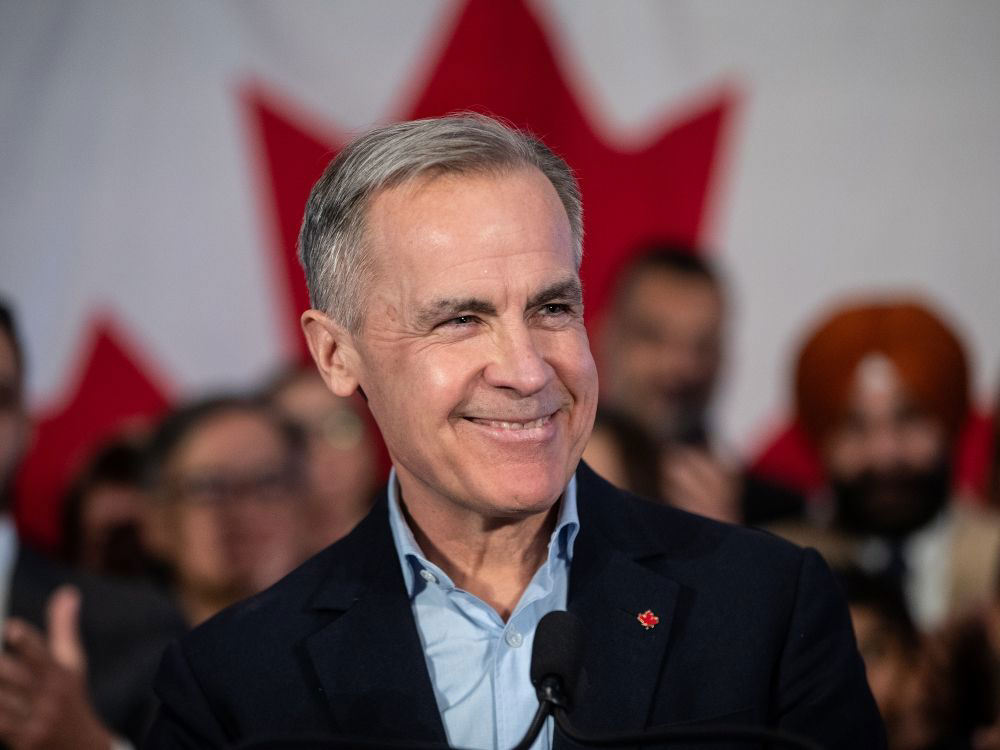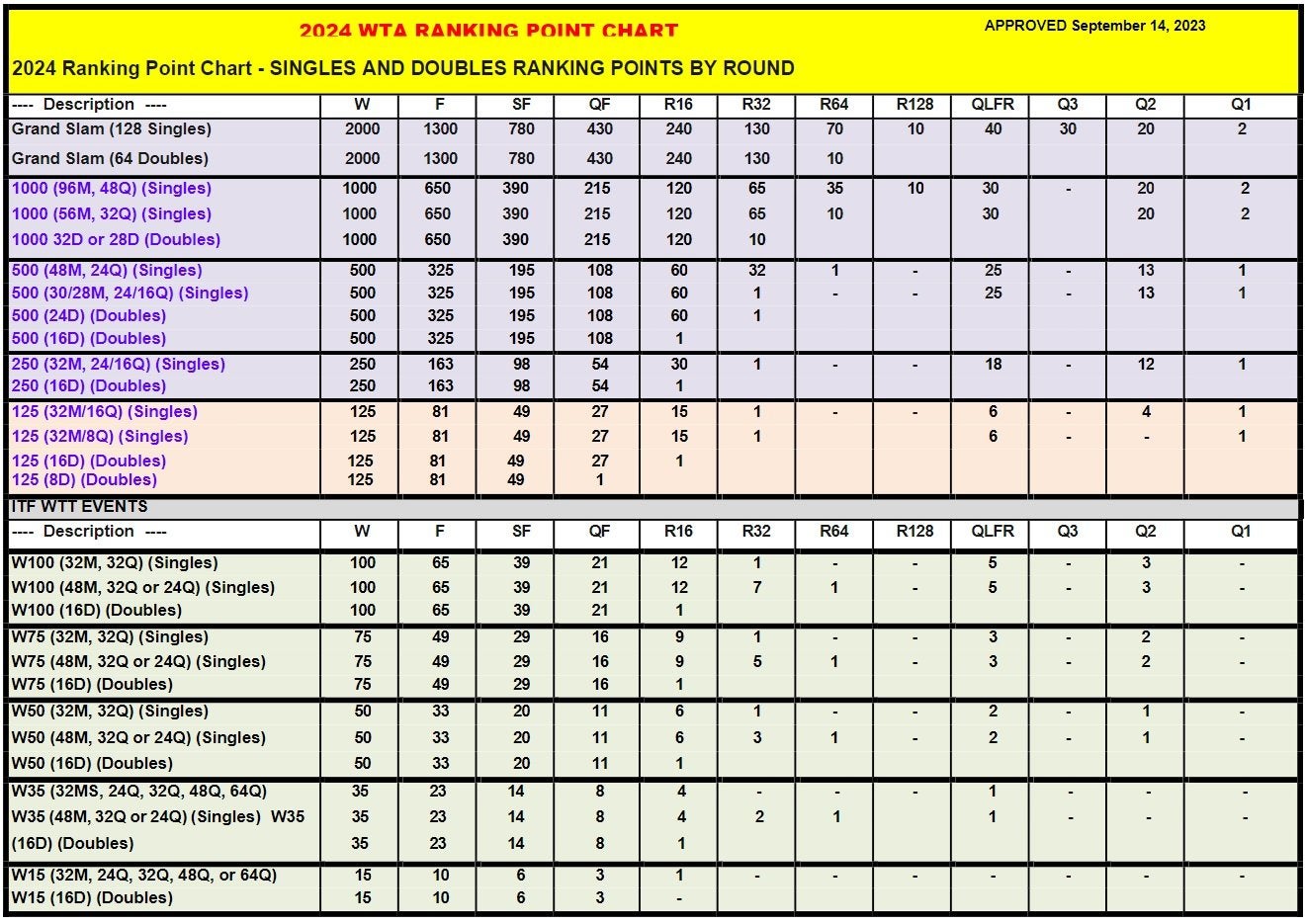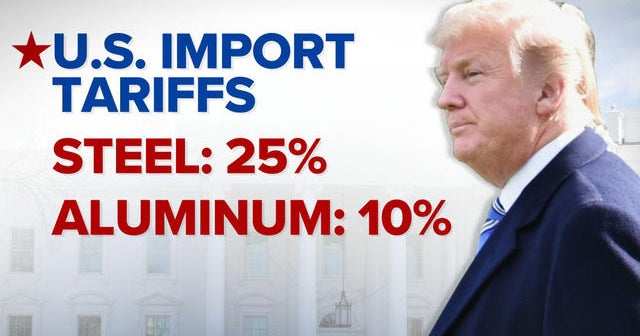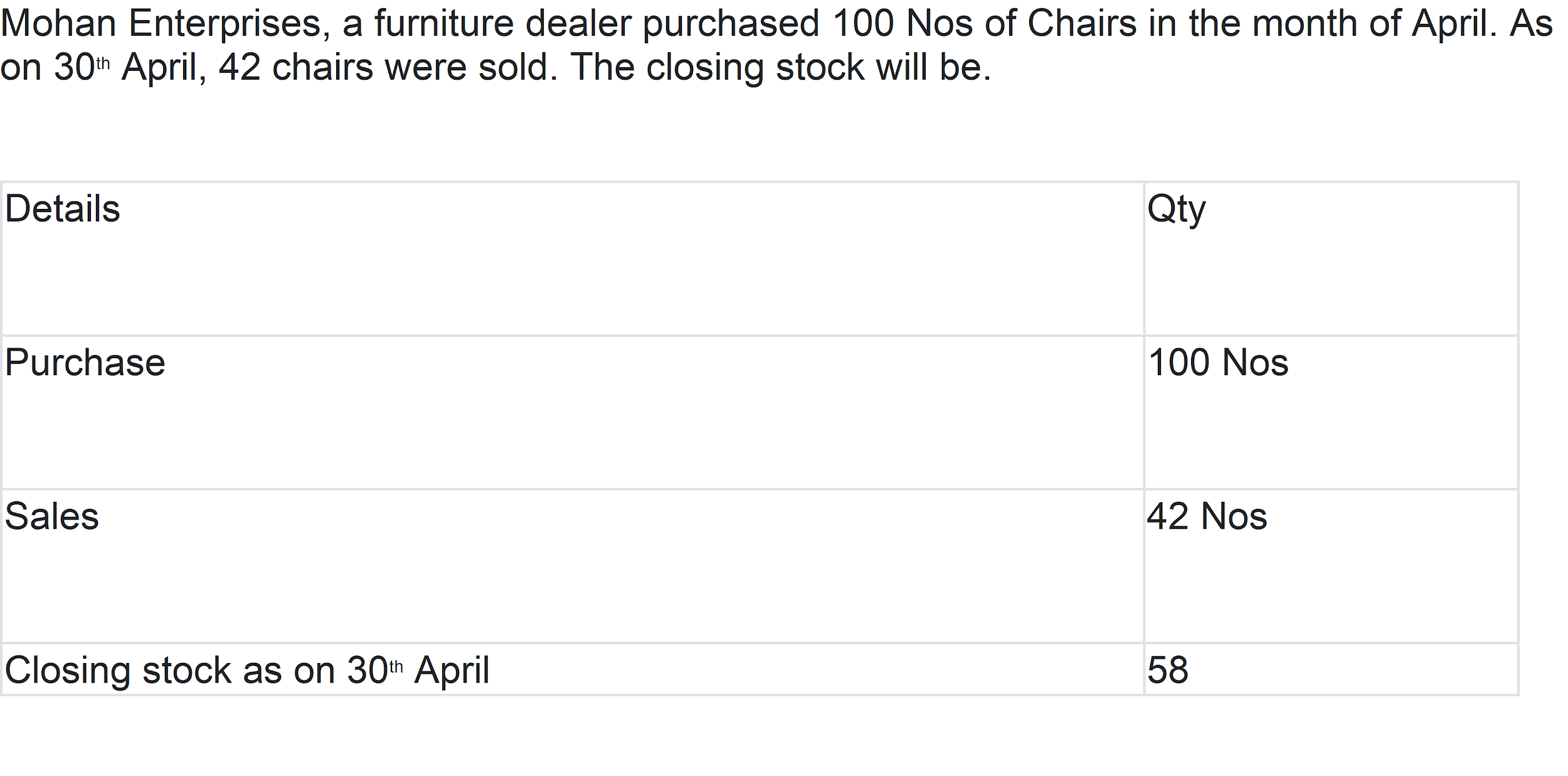Trump's Trade Pressure: Carney's Urgent Message To Canadian Voters

Table of Contents
Carney's Warnings and Their Significance
Stephen Poloz, during his tenure as Bank of Canada Governor, frequently voiced concerns about the unpredictable nature of Trump's trade policy and its potential to destabilize the Canadian economy. His warnings highlighted several key risks:
-
Significant Economic Impact: Poloz stressed the potential for significant economic disruption across various sectors. The automotive industry, heavily integrated with the US market, faced the risk of supply chain disruptions and job losses. Similarly, the agricultural sector, a major exporter to the US, was vulnerable to retaliatory tariffs. These ripple effects could lead to decreased investment and overall economic slowdown.
-
Job Losses and Investment Uncertainty: The uncertainty surrounding Trump's trade decisions created a chilling effect on investment. Businesses hesitated to commit to long-term projects, fearing the potential for sudden tariff increases or trade restrictions. This uncertainty directly translated into job losses and hindered economic growth. The threat of a full-blown trade war loomed large, potentially causing widespread unemployment.
-
Political Ramifications: Trump's trade pressure also had significant political ramifications for the Canadian government. Navigating these complex trade negotiations required considerable diplomatic skill and political capital. The Canadian government faced intense pressure to secure favorable trade terms while maintaining a positive relationship with the US. Failure to do so could result in significant political fallout.
The USMCA and its Uncertain Future
The renegotiation of NAFTA into the USMCA (United States-Mexico-Canada Agreement) was intended to address some of the concerns raised by the Trump administration. However, the USMCA's future remains uncertain:
-
Key Differences and Loopholes: While the USMCA updated certain provisions of NAFTA, it did not eliminate all potential sources of conflict. Some experts point to loopholes and ambiguities in the agreement that could lead to future trade disputes. The agreement's enforcement mechanisms are also a point of concern.
-
Impact on Specific Industries: The impact of the USMCA varies across different Canadian industries. Some sectors might benefit from improved market access, while others may face increased competition or stricter regulatory hurdles. A detailed analysis of the agreement's impact on each sector is crucial for informed policymaking.
-
Unresolved Trade Issues: Despite the USMCA, several trade issues remain unresolved between Canada and the US. These ongoing disputes highlight the fragility of the trade relationship and underscore the need for vigilance and proactive engagement. Disputes regarding softwood lumber and dairy products are prime examples.
How Canadian Voters Can Respond
Canadian voters have a crucial role to play in shaping the country's response to Trump's trade pressure:
-
Informed Voting: The upcoming elections offer Canadian voters an opportunity to elect representatives who prioritize a strong and effective trade policy. Researching candidates' positions on trade issues is essential for making informed choices.
-
Engaging with Representatives: Voters should actively engage with their elected officials, urging them to prioritize policies that protect Canadian interests in trade negotiations. This includes contacting MPs and Senators to express concerns and advocate for specific policy changes.
-
Advocating for Protective Policies: Canadians should advocate for policies that promote economic diversification, support domestic industries, and reduce reliance on the US market. This might include investing in infrastructure, promoting innovation, and strengthening trade relationships with other countries.
Diversifying Trade Relationships
Reducing Canada's reliance on the US market is crucial for long-term economic security:
-
Exploring New Markets: Canada should actively seek to expand its trade relationships with other countries, creating alternative markets for its exports and reducing its vulnerability to trade disputes with the US. This includes exploring opportunities in Asia, Europe, and Latin America.
-
Benefits of Diversification: Diversifying trade relationships offers significant economic benefits, including increased resilience to external shocks and greater market stability. It reduces the impact of trade disputes with any single country, improving overall economic security.
Strengthening Domestic Industries
Investing in and supporting Canadian industries is essential for building economic resilience:
-
Government Support: Government policies should prioritize investments in innovation, technology, and skills development to strengthen domestic industries and create high-paying jobs.
-
Supply Chain Resilience: Strengthening domestic industries also enhances the resilience of Canada's supply chains, reducing vulnerability to disruptions caused by trade disputes or global events.
Conclusion
Stephen Poloz's warnings regarding Trump's trade pressure on Canada highlight the significant risks facing the Canadian economy. The USMCA, while offering some improvements, has not eliminated all potential trade disputes. The future of the Canadian economy depends on informed voter action, proactive engagement with political representatives, and a strategic focus on diversifying trade relationships and strengthening domestic industries. Understanding the full impact of Trump’s trade pressure on Canada is crucial for every Canadian voter. Make your voice heard – engage with your representatives and vote for candidates who prioritize protecting Canada's economic interests in the face of future trade challenges.

Featured Posts
-
 Pegula Stuns Collins In Thrilling Charleston Open Final
Apr 27, 2025
Pegula Stuns Collins In Thrilling Charleston Open Final
Apr 27, 2025 -
 Wta Finals Austria And Singapore Set For Thrilling Showdowns
Apr 27, 2025
Wta Finals Austria And Singapore Set For Thrilling Showdowns
Apr 27, 2025 -
 How Microsoft Is Shaping The Future Of Ai With A Human First Approach
Apr 27, 2025
How Microsoft Is Shaping The Future Of Ai With A Human First Approach
Apr 27, 2025 -
 Swarovski Campaign Showcases Ariana Grandes Unique Dip Dyed Hairstyle
Apr 27, 2025
Swarovski Campaign Showcases Ariana Grandes Unique Dip Dyed Hairstyle
Apr 27, 2025 -
 Join The Conversation Open Thread February 16 2025
Apr 27, 2025
Join The Conversation Open Thread February 16 2025
Apr 27, 2025
Latest Posts
-
 Alberta Economy Hit Dow Project Delay And Tariff Impacts
Apr 28, 2025
Alberta Economy Hit Dow Project Delay And Tariff Impacts
Apr 28, 2025 -
 Dows 9 B Alberta Project Delayed Collateral Damage From Tariffs
Apr 28, 2025
Dows 9 B Alberta Project Delayed Collateral Damage From Tariffs
Apr 28, 2025 -
 Hudsons Bays Final Days Massive Discounts On Closing Stock
Apr 28, 2025
Hudsons Bays Final Days Massive Discounts On Closing Stock
Apr 28, 2025 -
 Final Hudsons Bay Stores 70 Off Liquidation Event
Apr 28, 2025
Final Hudsons Bay Stores 70 Off Liquidation Event
Apr 28, 2025 -
 Hudsons Bay Closing Sale Deep Discounts On Remaining Inventory
Apr 28, 2025
Hudsons Bay Closing Sale Deep Discounts On Remaining Inventory
Apr 28, 2025
